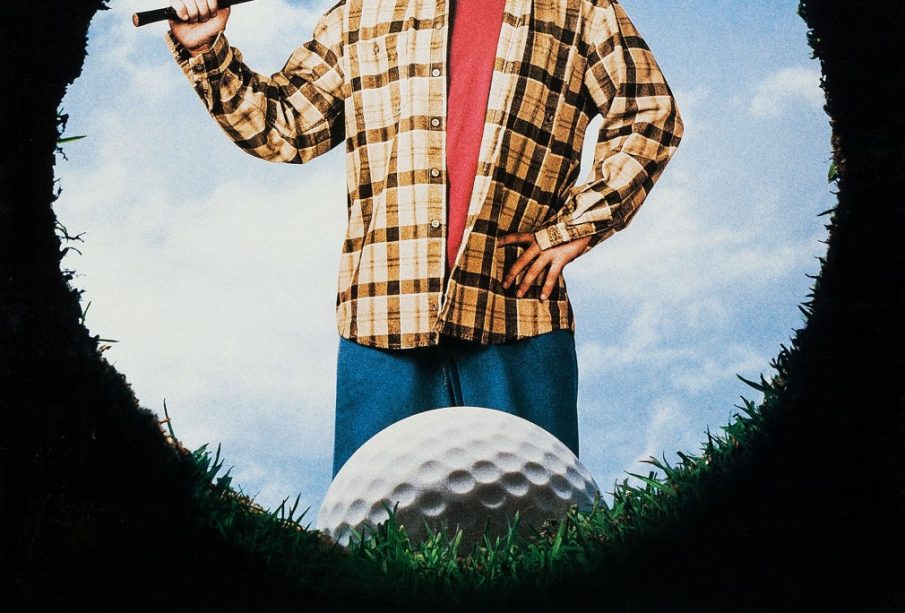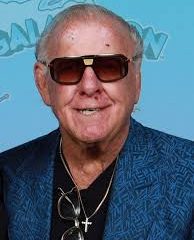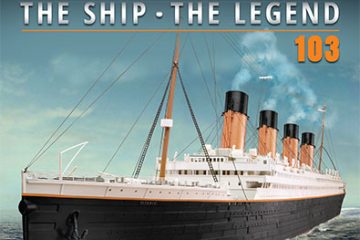The Enduring Legacy of Adam Sandler’s Happy Gilmore

Introduction
Released in 1996, Happy Gilmore stands as one of Adam Sandler’s most beloved films, blending comedy with sports in a way that resonated with audiences worldwide. The film’s premise—a failed NHL player turned golf prodigy—has not only become a cultural touchstone but it has also significantly influenced the comedy genre as a whole. With its mix of absurd humor and heartfelt moments, the film has left a lasting imprint on both fans and the film industry.
Plot Overview
Happy Gilmore follows the story of Happy, played by Adam Sandler, who discovers his unique talent for golf when he tries to raise money to save his grandmother’s house from foreclosure. His unconventional approach to the game, which includes aggressive antics and a notoriously short temper, sets him apart from the traditional golf crowd. This juxtaposition of a hockey player in a snooty golf world underlies much of the film’s humor while providing commentary on class and sport.
Cultural Impact
The film’s release coincided with a time when sports comedies were gaining traction, but few matched Happy Gilmore in popularity and quotability. Iconic lines and scenes—like Happy’s hilarious tirade against a shooter in the gallery or his memorable feud with golf legend Shooter McGavin, played by Christopher McDonald—became staples in pop culture. The film has since been referenced in various TV shows, movies, and even sports commentary, illustrating its widespread recognition and relevance.
Box Office Success and Critical Reception
Despite receiving mixed reviews upon its release, Happy Gilmore was a commercial success, grossing over $40 million at the box office against a modest budget. Over the years, critics and fans alike have come to appreciate it as a classic, noting its combination of Sandler’s signature humor and genuine moments of vulnerability. The film currently enjoys a robust fan base with an 80% approval rating on Rotten Tomatoes, further solidifying its place in film history.
Conclusion
Decades after its release, Happy Gilmore continues to be a significant work in Adam Sandler’s filmography and the comedy genre as a whole. The movie’s blend of humor, sports, and life lessons resonates with new generations, ensuring its legacy endures. As Sandler himself has continued to evolve as an actor and producer, the enduring charm of Happy Gilmore remains a reminder of the comedic magic he brought to the screen—a magic that is still felt today.









